Remuneration of the manager Art 62
Remuneration of the manager Art 62
En France nous aimons faire dans le compliqué. Parlons donc de la rémunération des dirigeants touchés par l’article 62. Pour eux il existe des solutions pour la mise en place d’une retraite car ce qui vous attend n’est guère réjouissant sauf si vous voulez pratiquer une vie d’ascèse dans la médiation et le refus de la société de consommation.
Eunomia Audit, société d’expertise comptable basée sur Nice et sur Paris, est là pour vous accompagner et voir quelles sont les meilleures solutions en fonction de votre situation.

Les rémunérations Art 62
D’abord, qui est concerné :
- Les gérants majoritaires des sociétés à responsabilité limitée (SARL) n’ayant pas opté pour le régime fiscal des sociétés de personnes (bref les SARL restant à l’IS)
- Les gérants majoritaires des exploitations agricoles à responsabilité limitée (EARL) ayant opté pour l’impôt sur les sociétés (IS)
- Les entrepreneurs individuels à responsabilité limitée (EIRL) soumis à un régime réel d’imposition ayant opté pour l’IS
- Les gérants associés commandités des sociétés en commandite par actions (SCA)
- Les associés des sociétés en nom collectif (SNC), des entreprises unipersonnelles à responsabilité limitée (EURL), des EARL ayant opté pour l’IS, les associés commandités des sociétés en commandite simple (SCS), les membres des sociétés en participation et des sociétés de fait, lorsque ces sociétés ou entreprises ont opté pour l’IS
- Les associés, gérants ou non, de certaines sociétés civiles de personnes à caractère non commercial, ayant opté pour l’IS, comme par exemple les sociétés civiles professionnelles (SCP)
Attention : ça ne couvre pas les sociétés civile ayant une activité immobilière (les SCI).
Quelle rémunération et comment déclarer ?
En gros : à peu près tout.
- Les appointements fixes ou proportionnels (bref, ce que vous versez régulièrement)
- Les allocations, indemnités ou gratifications versées par la société
- Les avantages en nature alloués (logement, véhicule, etc.) ou en espèces (prise en charge des cotisations sociales obligatoires ou facultatives, primes d’assurances, etc.). Oui tout.
- Les allocations, remboursements ou indemnités forfaitaires pour frais.
- Les indemnités, primes ou allocations servies au dirigeant, notamment au moment où il quitte ses fonctions et les indemnités versées au titre de la prévoyance complémentaire (revenu de remplacement). Ca inclut également les indemnités temporaires de maladie ou d’accident du travail (AT) ainsi que les indemnités pour maladie longue
Comment déclarer :
Les rémunérations versées aux gérants et associés relevant de l’article 62 du CGI doivent être déclarées dans la rubrique traitement et salaires.
Vous pourrez retirer les cotisations sociales obligatoires aux caisses des indépendants et des libéraux et éventuellement, ses cotisations et primes versées :
- Aux contrats de retraite supplémentaire de type plan d’épargne retraite individuel, et de prévoyance complémentaire de type « Madelin »
- Aux régimes facultatifs de Sécurité sociale mis en place par les caisses obligatoires dont ils relèvent
Le revenu imposable est augmenté de la CSG-CRDS non déductible. Oui je sais c’est vraiment désagréable, c’est vraiment une double dose…
Dans sa magnanimité, l’administration vous permet de bénéficier de la déduction de 10% (ou des frais réels justifiés mais en rajoutant alors les allocations et remboursement de frais).
Quelles sont les cotisations sociales ?
Les cotisations sociales des gérants sont en principe à la charge des intéressés mais la société peut prendre en charge les cotisations sociales de son gérant (ca vous permettra de faire une économie d’impôt, toujours bon à prendre compte tenu de ce que l’état se sert).
Les cotisations des gérants dépendent des TNS (Travailleur Non Salarié). Elles sont quand même moins lourdes que pour les salariés (notamment car vous ne cotisez pas pour pole emploi car vous n’y avez pas droit). Mais en moyenne on va atteindre 45% de la rémunération nette (on atteint facilement plus de 70% pour les salariés en incluant les charges salariales et patronales).
L’assiette des cotisations sociales correspond au revenu professionnel retenu pour le calcul de l’impôt sur le revenu, mais avant application de la déduction des cotisations sociales complémentaires facultatives.
Il faut noter que depuis le 1er janvier 2013, le dirigeant soumis à l’article 62 du CGI ne peut plus déduire forfaitairement de sa rémunération (à hauteur de 10%), ses frais professionnels pour déterminer l’assiette de calcul de ses charges sociales. Cependant, la déduction de ses frais réels reste possible. Oui je sais c’est mesquin mais avec l’état les déductions admises ne durent jamais longtemps (à la différence des impositions temporaires, l’administration fiscale à tendance à les oublier).
Eunomia Audit, expert-comptable sur Nice et Paris, assiste les sociétés et leur dirigeant dans le pilotage de leur rémunération. En coopération avec Eunomia Assur, nous pouvons également définir quels seraient les meilleurs contrats à mettre en place (ce sera l’objet d’un autre article).
